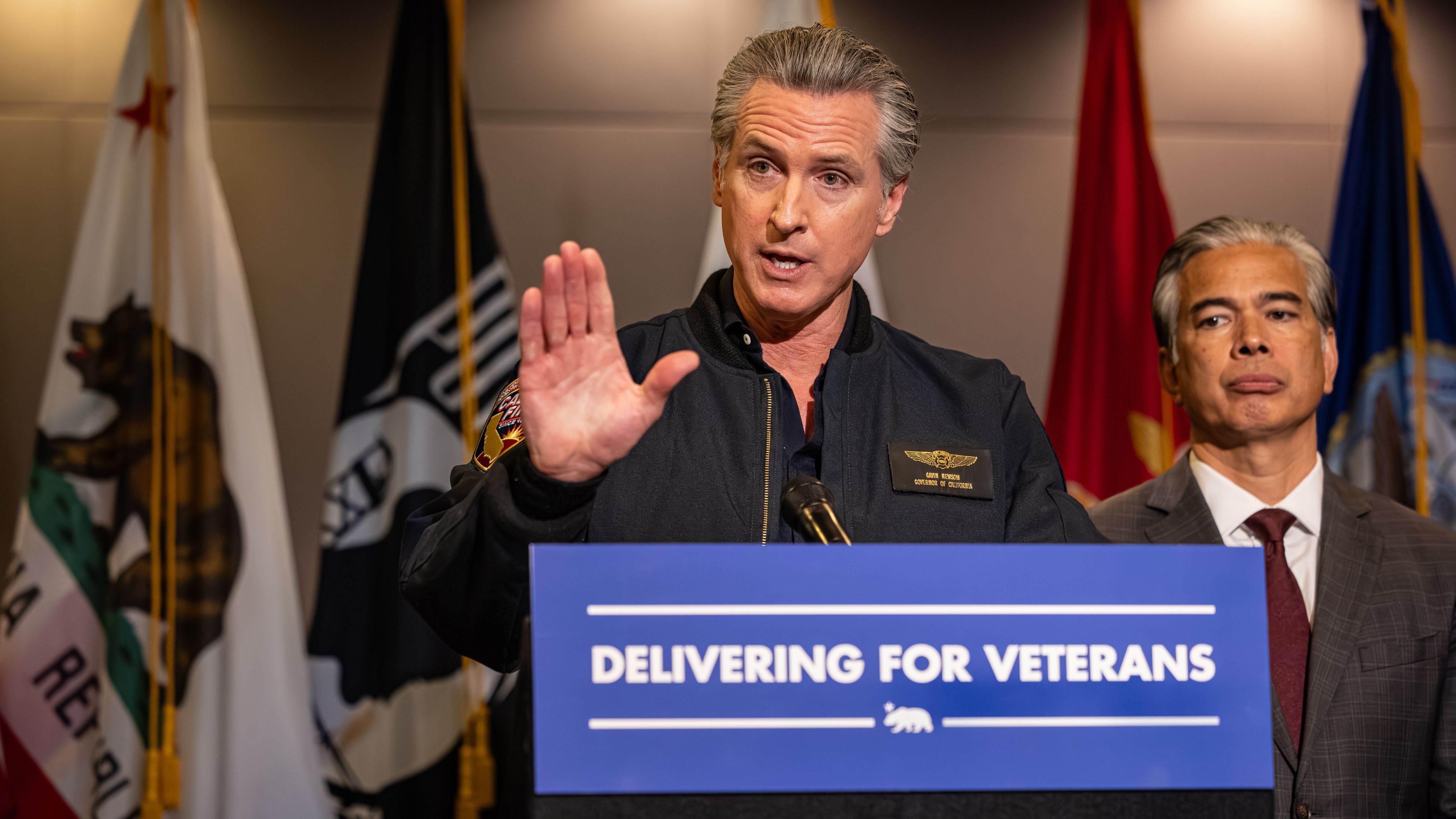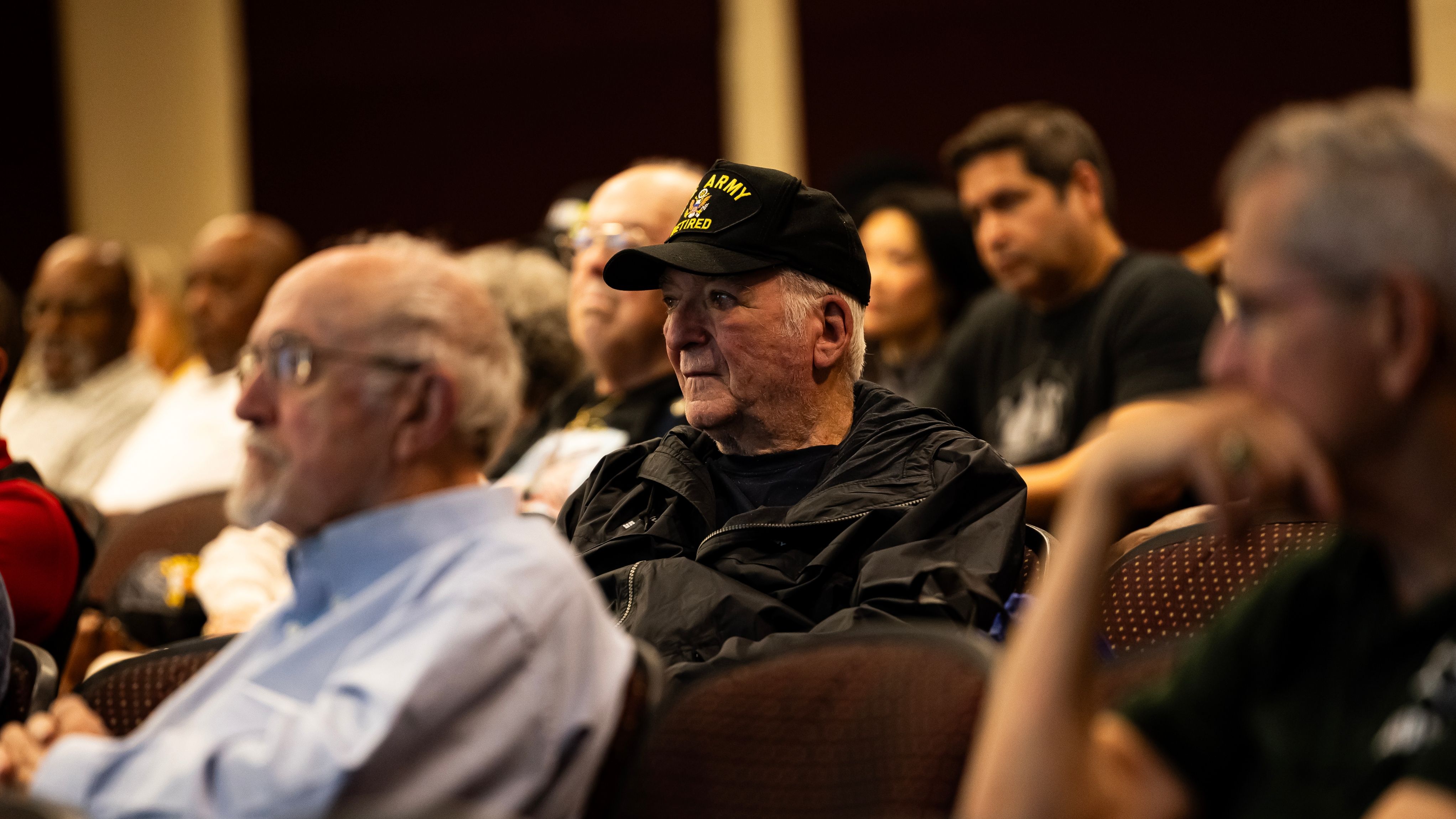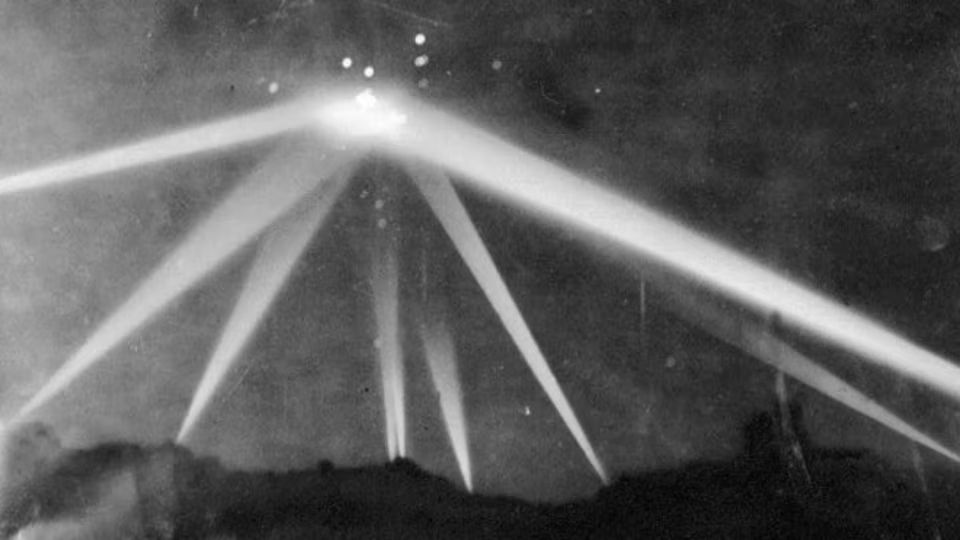EXECUTIVE ORDER 9981, ISAAC WOODARD, AND DESEGREGATING THE MILITARY
COMMENT
SHARE

Imagine the courage and honorable character one would have to possess in order to step on to a bus in their military uniform prepared to serve, even die, for a nation that openly holds prejudices against you based on the color of your skin. Suddenly, you’re forcibly pulled from the bus, beaten by police, and then the incident is covered up. Worst of all, you’re now blind forever as a result of the brutal attack. Such was the life of Isaac Woodard, who suffered this unacceptable, violent attack while serving our nation. The silver lining would come in the form of Executive Order 9981. However, the attack should have never happened in the first place. Suggested read: Meet Ed Dwight Who Was Almost the First Black Astronaut
Why Did President Truman Issue Executive Order 9981 in 1948?
Executive Order 9981 was created in response to the outrage following the beating of Issac Woodard. It was the brutal attack that finally inspired President Truman to sign Executive Order 9981, despite the incident occurring over two years prior. On July 26, 1948, the Executive Order meant the military was to be desegregated and created the President’s Committee on Equality of Treatment and Opportunity in the Armed Services. Considering this was when Jim Crow Laws were still in effect, it’s no surprise that it was met with stark opposition from many. The blinding of Isaac Woodard sparked the change, in which the U.S. Air Force took the first initiative, followed by the Navy, then the Army, and finally, the Marine Corps in 1952. In total, it took until 1954 for the integration of all military units. Part of the help with integrating the military was the advent of the Korean War. It forced the policy to accelerate during a time of conflict for our nation. Related read: Maintaining the Legacy of the Tuskegee Airmen for the Future
The Blinding of Isaac Woodard
When Isaac Woodard served, it was World War II. Joining the Civilian Conservation Corps after a childhood of poverty and labor jobs, Woodard would eventually be drafted as a Soldier in 1942. Fighting in the Pacific Theater, Woodard was awarded multiple medals; however, when he returned home to the United States, his life would change forever. On February 12, 1946, Sgt. Issac Woodard was on a Greyhound bus headed home to North Carolina from Camp Gordon. The bus stopped right outside of Augusta, GA, where a small argument broke out about the use of the restroom. Woodard needed to use one and asked if there was time. After the argument, the bus driver finally allowed it and this could have been the end of things. There were no more disruptions but unknowingly to Woodard, the police had been notified by the bus driver. During a stop at what is now Batesburg-Leesville, South Carolina, Woodard was removed from the bus forcefully. Woodard was beaten in an alleyway and brought to jail for disorderly conduct, alleging he and other Soldiers were drinking beer in the back of the bus. Punches and billy clubs caused the blinding of Isaac Woodard whose eyes ruptured as a result of the vicious attack that would help inspire the creation of Executive Order 9981. The judge found Woodard guilty and when he asked for medical help it took two days before he actually received it.
Injustice and a Widespread Cover-up
When reports came out, the newspapers left out mentions of violence and verbal abuse. It was a cover-up. Finally, after missing for three weeks, Woodard’s family found him in the hospital. Around the same time, major news outlets were reporting on the incident. This sparked national outrage from the National Association for the Advancement of Colored People (NAACP) who helped get Woodard's story out and other notable figures in the media. Seven months passed and NAACP Executive Secretary Walter White was able to finally speak with President Truman who was outraged that nothing had been done during that timeframe. Less than a week later, the U.S. Department of Justice (DOJ) opened an investigation. They ultimately tried the officers involved, but the trial was rigged from the jump. Those responsible got away with it and the efforts by Truman to bring justice were a failure, unfortunately. However, while Issac Woodard didn't get justice or compensation, President Truman’s decision to issue Executive Order 9981 was because of these tragic events.
The Legacy of Executive Order 9981
Although racial problems and police brutality still exist in and outside of the military community, there are a lot better policies in place these days. Issac Woodard’s blinding was drawing national attention. And, the military was better for it moving forward as a result. Executive Order 9981 is a great addition to our nation’s laws; however, it’s a shame that it was necessary at all. Read next: Coast Guard Honors Legacy of NFL Legend Emlen Tunnell
Join the Conversation
BY BUDDY BLOUIN
Buddy Blouin is a Contributing Writer at VeteranLife.com
Buddy Blouin is a Contributing Writer at VeteranLife.com



